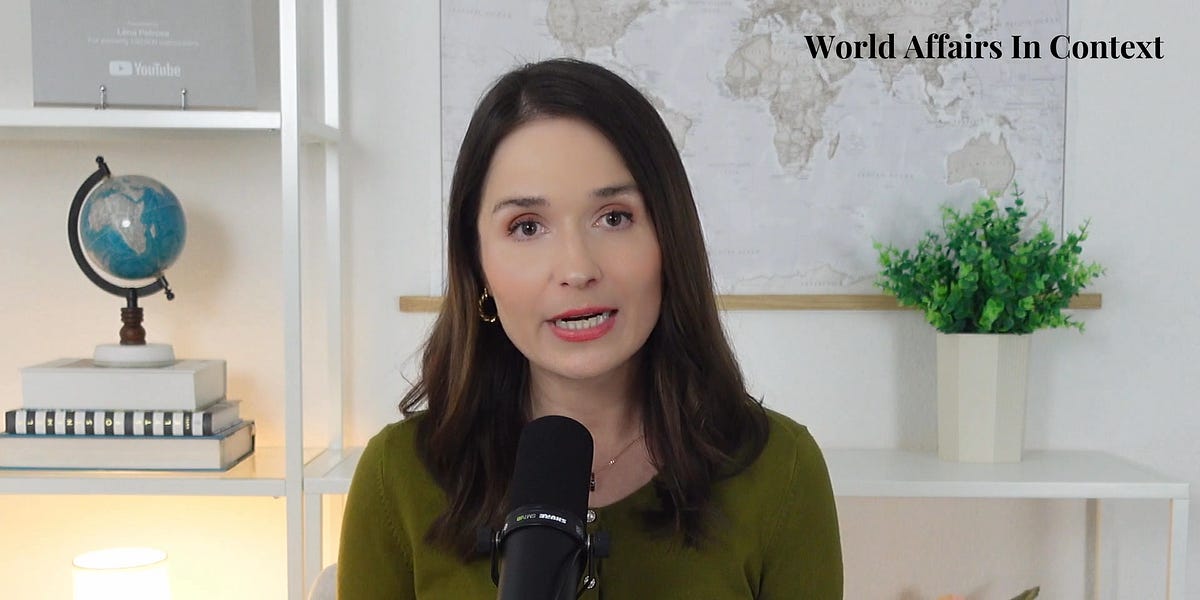Watch the full episode here:

Good evening. It's Wednesday, November 1.
Tonight: the musician Roger Waters doesn't need much of an introduction. His band, Pink Floyd, is one of the most successful and influential in the history of all rock music. Albums like “The Dark Side of the Moon” and “The Wall” have become among the best-selling and most well-known albums in the last six or seven decades. But Waters is often at least as well-known these days, if not more so for the political stances he takes. He has certainly become an extremely controversial figure, especially over the last couple of years, as he has been an outspoken voice against the U.S. and NATO war in Ukraine and a constant critic of the Israeli occupation of the West Bank and the occupation of Gaza. He has become someone who has been widely vilified in Western media circles and establishment institutions of media as being an extremist, as being an anti-Semite. Essentially, every term that could be cast on him, including pro-Russian and pro-Kremlin, has been applied to him as a means to discredit him. He is currently here in Brazil, in Rio de Janeiro, where he is performing as part of his global tour and we were able to sit down with him here in the studio for a fascinating and often contemplative and widespread discussion about many different issues, both political and personal.
He came to Rio Janeiro in 2018 as part of his tour back then, and I was able, along with my husband, David Miranda, to spend a fair amount of time with him during the entire week that he was in Rio and got to see a side of him that I think most people don't see, especially those who are subject to the vilification campaign. It shed light for me on how to think about, understand and process the views of Roger Waters. And I wanted to sit down with him so that those of you who watch the show could hear the same sort of perspective, the same kind of reasoning and where his views are coming from. We spent some amount of time talking about things that you would expect us to talk about, like the Israeli war in Gaza and the role of the U.S. and the West in supporting it, the ongoing war in Ukraine, a little bit about the war in Syria, but a lot of it too was about his musical career, the reason why he has decided to enter these very choppy and controversial political waters, what is it about him that compelled him to do so, even though it has resulted in a lot of difficulties for him and career loss, including the loss of a contract with his media company, criminal Investigations in Germany that tried to claim that his performance of The Wall, which was always a satire of tyrannical despots, was somehow a glorification of Nazism, only for that to spread, including into Brazil, where the Brazilian government warned him that if he came here and tried to perform The Wall with that uniform, he could run afoul of Brazilian law and would have federal police agents at his shows making sure that he complied. The Brazilian government backed off on that. But he has been a person who has been kind of a lightning rod on a variety of issues that we cover here in our show, including free debate, the weaponization of antisemitism and what happens to you when you oppose American wars and Western foreign policy. And I really kind of did not expect the interview to go the way that it did. He was very reflective, very contemplative and, in a very honest way, oftentimes emotional. It was an interview that I enjoyed conducting. I really enjoyed listening to it. think you'll enjoy the interview as well. We're excited to show you my discussion in Rio de Janeiro with Roger Waters.























